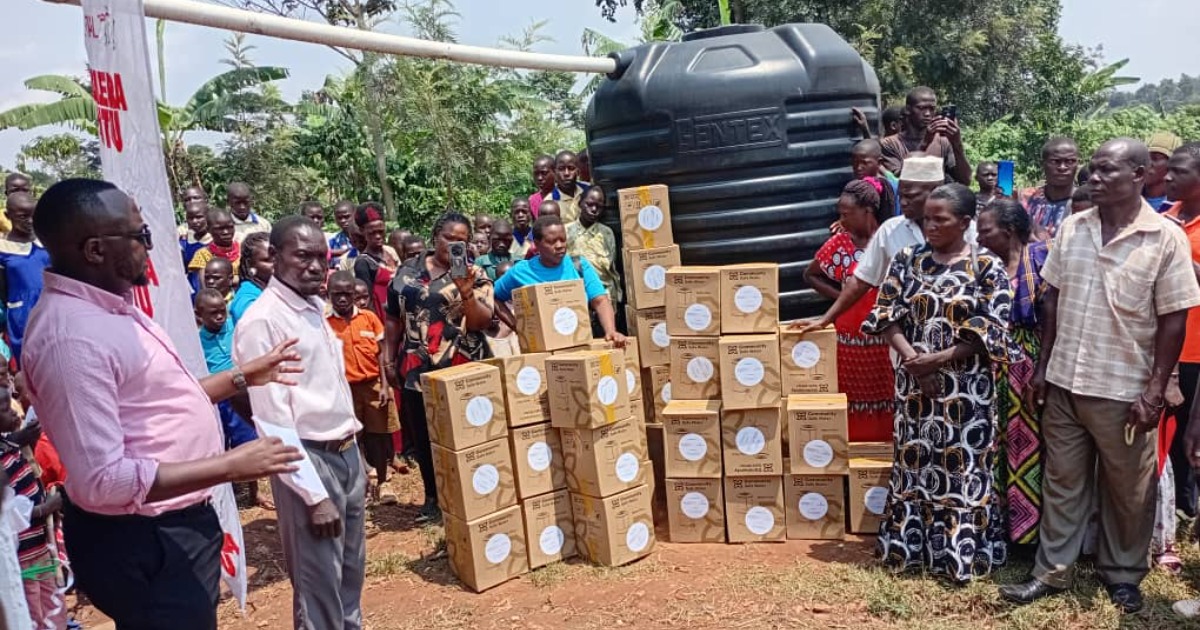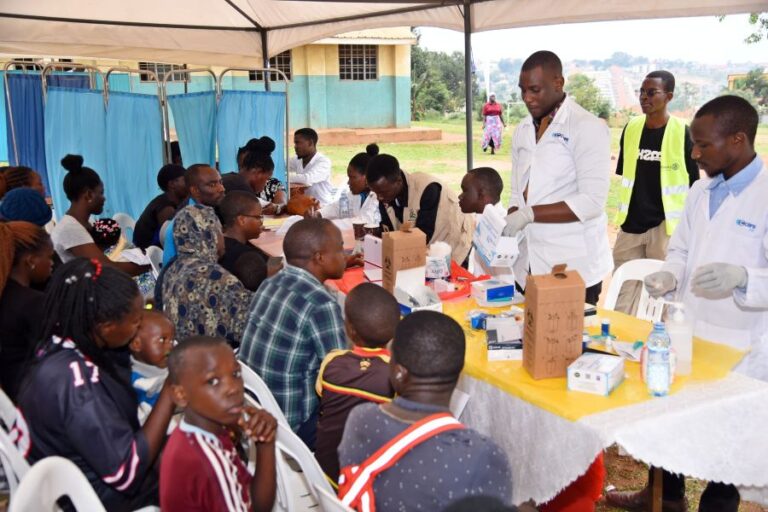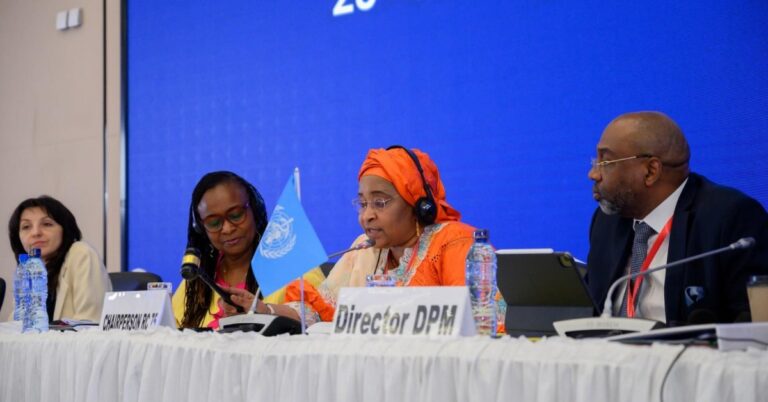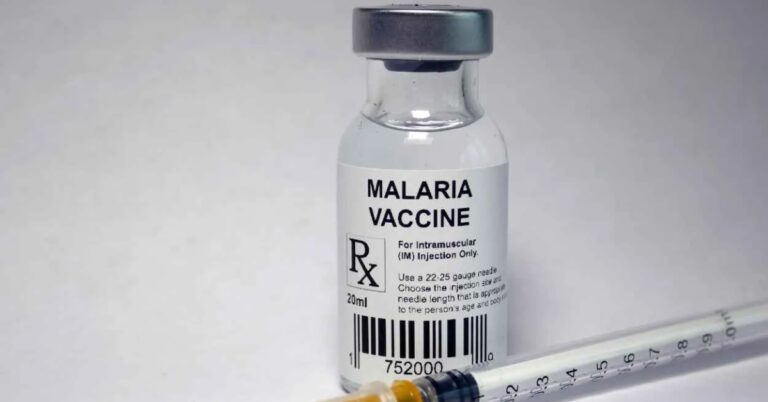In a move toward enhancing public health and climate resilience, Prudential Uganda, in partnership with social enterprise Tusafishe, has successfully completed an eight-month initiative providing safe drinking water and environmental education to underserved communities in Eastern and Western Uganda. The project, funded by the Prudential Climate and Health Resilience Fund, has directly impacted 119,562 students across 71 schools.
Launched by the Prudence Foundation, Prudential’s community investment arm, the initiative was designed to tackle the growing impact of climate change on public health, especially in vulnerable communities. With waterborne diseases being a leading cause of illness in Uganda, and safe water access still out of reach for nearly 38% of the population, this project represents a vital step forward.
A Lifeline for Rural Schools
Many schools in the targeted regions of Fort Portal, Kyenjojo, Kyegegwa, Kamuli, Mbale, and Sironko, previously relied on unsafe water sources such as unprotected springs and contaminated streams. The project installed 71 institutional water purification systems and 40 domestic filters, providing thousands of litres of safe water daily, even in areas without electricity.
“Without clean water, everything else is harder. A sick child can’t learn properly,” said Tetteh Ayitevie, CEO of Prudential Uganda, during the project’s handover ceremony in Kamuli. “Up to 70% of all diseases treated in Uganda are caused by unsafe water and poor sanitation. By addressing this, we’re not just improving health—we’re transforming futures.”

The Link Between Water Access and Education
Access to clean water is more than a health issue—it’s also a barrier to education. A 2017 study in Global Mental Health showed that water insecurity in rural Uganda is closely linked to school absenteeism. Even a small increase in water insecurity was associated with 0.3 more missed school days per child each week. Over time, this translates into significant gaps in learning.
By ensuring a reliable supply of clean water, the Prudential-Tusafishe partnership is helping to reverse this trend and create environments where children can thrive academically.
Community-Led and Sustainable
The success of the project lies not just in its reach but also in its sustainability. Tusafishe CEO Henry Othieno emphasized the importance of local engagement and innovation in delivering long-term solutions. “Some of these schools are incredibly remote. Just getting materials in was a challenge,” Othieno said. “But our team believes every child, no matter where they live, deserves safe water.”
In addition to water infrastructure, the project conducted trainings for students and 537 community members through Water and Environment Clubs. These clubs promote hygiene practices, system maintenance, and environmental stewardship—ensuring long-term impact beyond installation.
Planting for the Future
Beyond clean water, the project also focused on environmental restoration. Over 3,000 moringa and fruit trees were planted to improve local nutrition, restore degraded land, and combat the effects of climate change.
“Our goal was threefold,” said Ayitevie. “Protect children from waterborne diseases, promote climate resilience, and invest in solutions that safeguard both health and the planet. Seeing the results, I can say this is one of our proudest achievements at Prudential Uganda.”

A Model for Scalable Impact
The Prudential Climate and Health Resilience Project sets a high benchmark for what public-private partnerships can achieve. By aligning health, education, and climate goals, it provides a model for scalable, sustainable impact in other regions facing similar challenges.
As Uganda and many other nations continue to grapple with the twin pressures of climate change and public health disparities, initiatives like this one show what’s possible when commitment, innovation, and community come together.





